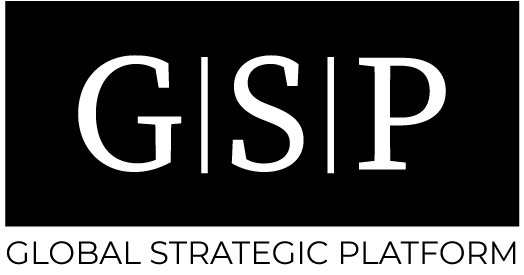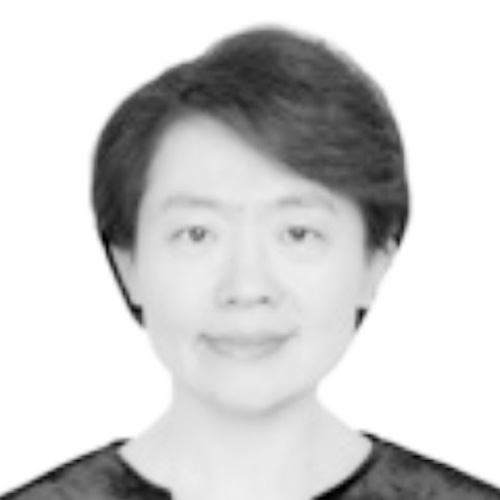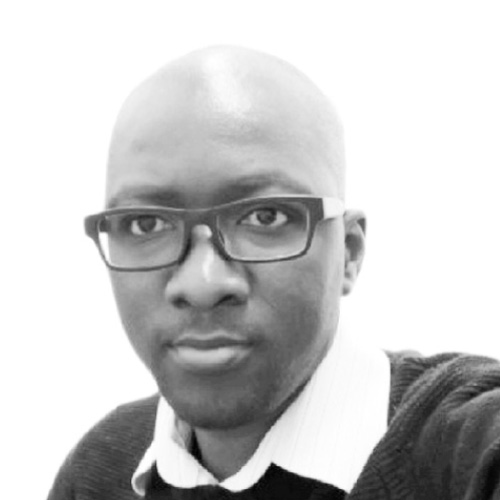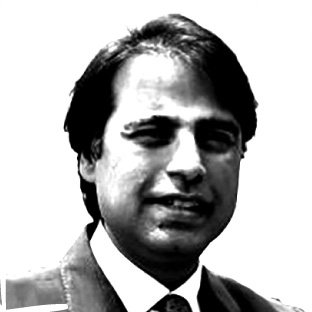The Eleventh conference in the cycle,
Africa Sessions 11:
China and Africa Cooperation and Development
May 1st 2021 at 11:00 AM, (GMT – London Time).
China and Africa celebrate this year 21 years of the establishment of the FOCAC platform, created in 2000 with the aim of fostering economic cooperation between the two sides. There is indeed a lot to celebrate as ties between the two sides have never been this strong. In a short period of time China overtook traditional commercial partners of the continent, becoming Africa’s largest trading partner by 2009. Trade between the two parts grew exponentially from $10 bn in 2001 to $209 bn in 2019. While China’s investment stock in the continent remains low ($44.4 bn) compared to European countries and the US ($705bn), it is catching up quickly as its investments flows to the continent have been growing at faster rates. But arguably the most astounding and consequential feature of China’s engagement in the continent is its role as a development funding provider. Throughout the past two decades China extended an estimated $148 billion in loans to Africa, far surpassing any other bilateral lender and comparing in scale only to the World Bank portfolio on the continent. On top of this, China has ramped up assistance in many other areas competing neck to neck and sometimes replacing traditional donors. The majority of African overseas undergraduate and graduate students now head to China rather than European capitals or the US. A growing share of Africa’s health assistance now comes from China, namely treating and preventing tropical diseases such as Malaria. More recently in the context of the Covid-19 pandemic China has been a key partner providing protecting equipment and medical personnel in the early stages and now a significant parcel of the vaccines. Other areas of cooperation where China has increasingly played a prominent role include knowledge and technology transfer in telecommunications, manufacturing and agriculture sectors, green technologies such as solar panels, etc…
The past twenty years of Chinese cooperation have shaken the dynamics inside the continent and revived the geopolitical and economic interest in Africa amongst old and emerging powers. But to what extent has this enhanced Africa’s agency and position in the world economy? Undeniably many parts of Africa have experienced accelerated economic dynamism and unprecedented growth rates because of closer ties with China. But have China’s alternative cooperation norms and practices been more successful than the neoliberal Washington Consensus impositions in promoting more structural changes such as diversifying African economies, helping climb up the value chain and expanding intra-African trade? And how has cooperation with China impacted African societies (poverty reduction, inequality), political systems (governance) and the environment?
PARTICIPANTS
Linda Calabrese
Linda Calabrese is a Research Fellow at the ODI, a global affairs think tank in London. A development economist by training, Linda works on trade, investment and economic transformation. Her current research focusses on the impact of Chinese investment in developing countries and on the Belt and Road Initiative, and she is the China-Africa lead for the Evidence and Policy Group of the DEGRP programme. Prior to joining ODI, Linda worked at the intersection between research and policy in Rwanda and Uganda for several years.
Linda is the author of several reports on China’s role in supporting economic transformation in Africa and South-east Asia, on industrial development and trade. She holds an MSc in Development Economics from Sapienza University of Rome, SOAS University of London and she is currently a PhD candidate at King’s College London.
Linda Calabrese
Research Fellow at the ODI (United Kingdom)
Liu Haifang
Dr Liu Haifang, is an Associate Professor in School of International Studies, Peking University. She serves as Director of the Centre for African Studies, Peking Uni., and the Vice President of the Chinese Society of African Historical Studies. She previously worked for the Institute of West Asian and African Studies (IWAAS), the Chinese Academy of Social Sciences and a visiting scholar at the Institute of African Studies, Carleton University, Centre for China Studies, Stellenbosch University (SA) and The Institute of Social Studies in The Hague. Dr Liu has authored, edited and translated numerous publications in English and Mandarin. Liu ‘s current research topics include African contemporary international politics, China-Africa relations and African sustainable development studies, Angola country studies and China-Angola relations, Tan-Zam Railway Studies, Chinese migrants in eastern and southern Africa, Chinese company history in Africa, Global migration, China’s Education cooperation with Africa, Chinese Aid, BRICS and Africa.
Liu Haifang
Associate Professor in Peking University (China)
Obert Hodzi
Obert Hodzi joined the University of Liverpool in September 2019. He is an International Relations scholar focusing on international politics, conflict and security, and non-Western emerging powers in global governance with empirical expertise in China and Africa. He holds a PhD in Political Science from Lingnan University, Hong Kong, an MA in Democratic Governance and Civil Society from Osnabrück University, Germany and a Bachelor of Laws (Honours) from the University of Zimbabwe.
Prior to joining the University of Liverpool, he was a postdoctoral researcher at the University of Helsinki, Finland. He has been a visiting researcher at the Institute for Peace and Security Studies, Nordic Africa Institute, Renmin University of China and the African Studies Centre at Boston University. He also worked for international and regional organizations in Zimbabwe, Kenya and Germany on democratic governance and transitional justice projects – and he is admitted as a Legal Practitioner in the High Court of Zimbabwe.
Obert co-edits democracyinafrica.org; and is a board member of the Chinese in Africa/African in China Research Network
Obert Hodzi
Lecturer at Liverpool University (United Kingdom)
MODERATORS
Ana Alves
Ana Cristina Alves is Assistant Professor at Nanyang Technological University, School of Social Sciences, Singapore, where she lectures courses on China in Africa, Politics in the developing world and Chinese Foreign Policy amongst others. Previously she worked at the South African Institute of International Affairs in Johannesburg as Senior Researcher in the Global Powers in Africa programme. She holds a PhD in International Relations from the London School of Economics. Her main research interest lies in the intersection of foreign policy, economic statecraft and development cooperation, with a focus on China’s engagement in the developing world with particular reference to Africa. She is currently Co-PI in a research project funded by the Ministry of Education of Singapore on Knowledge transfer in the global South. Her publications include: China in Angola: A marriage of convenience (2012, co-edited with Marcus Power); Mozambique and Brazil: forging new partnerships or developing dependency? (Co-edited with Chris Alden and Sergio Chichava (2017), “China’s Regional Forums in the Developing World: Socialisation and the ‘Sinosphere’” (co-authored), Journal of Contemporary China (2017)
Ana Alves
Assistant Professor at Nanyang Technological University, Singapore
Salim
Valimamade
Salim Valimamade tem uma experiência académica e empresarial de 20 anos em Angola e Portugal, principalmente em áreas como Banca, Educação, Imobiliário; Energia e serviços financeiros. Salim foi Diretor dos Programas Executivos da Luanda Catholic Business School e Professor de Finanças Corporativas da Universidade Católica de Angola. Foi responsável por cursos como Mercado Financeiro, Finanças Corporativas e Administração de Empresas. Foi ainda Director Adjunto do Centro de Investigação da Universidade Católica de Angola e fez vários trabalhos de consultoria financeira em Angola em instituições como Ministério da Economia, Ministério das Finanças, Comissão do Mercado de Valores de Angola, Serviços Financeiros na KPMG e de Real Estate Imogestin. Ele possui um mestrado em Finanças e Investimentos pela Universidade de York.






